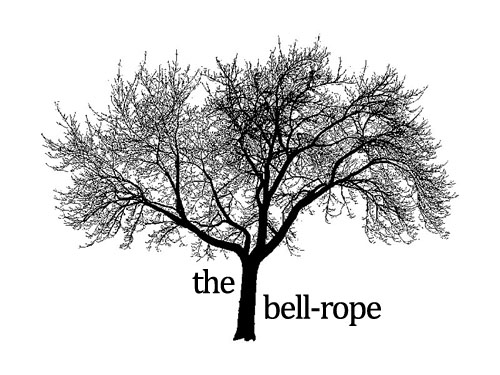My parents and I watch movies very differently. I suppose it's a generational marker, one that just so happens, in our case, to be a cultural marker as well. To lay it flat: they grew up in a world with not much fiction, I grew up in a world suffused in it. The consequence of this - one consequence - is that I have developed a stout resistance to fiction, much as my parents inherited a resilience to the ginger and coriander that so easily defeat me. I can hold a movie at arm's length, observe it in the light; for them a movie is a loved one in distress, and is unquestionable.
Let me give an example. I was deeply moved, in a positive way, by There Will Be Blood. My dad hated it. Why? It ends with a guy killing another guy, senselessly. How can you love something that ends in murder? I think it's a good question, and one that I don't really have an answer to, only an evasion of sorts: that for me, the "murder" that ends the movie is not really murder, not murder in a real sense, and therefore I can hold it at arm's length and look at it in the light, whereas my dad saw murder, and reacted accordingly.
… and here I must confess that I had written more, I had written several different paragraphs, but rejected each one. This I think because I am trying to make sense of this line between fiction and reality, of what truth is (as in, is fiction truth?) and how we sense it, and nothing I wrote satisfied me because what I really have is a question, and not an answer. The question arose a few nights ago, though it has been in my mind for much longer before that, and perhaps the best I can do is try to capture the question here, and leave it unanswered.
So then - I was driving home on the 401 in mid-evening, and followed the highway as it rose gently above the city. Tall buildings in the distance appeared to float unmoored on an invisible floor, and for several minutes, the angle of the road aligned perfectly with the side of a faraway building. I was reminded of my crude childhood attempts to bring a third dimension to a flat page, which basically consisted of a square with short diagonal lines emerging from three points, and voilà! - depth. Against the strange yellow of the city's air at dusk, and at this precise angle, the building ahead looked exactly like those drawings.
In fact, the entire vista before me reminded me of something I had seen hundreds of times before as a teenager, watching Star Trek reruns after school: the painted backdrop, that staple of low-budget low-tech sci-fi. A camera would zoom slowly into a picture of a strange alien landscape, and sometimes you might even see real people standing in front of a picture of a weird desert, oddly-formed mountains, a backdrop whose purpose was to simulate reality by simulating depth. Of course you could tell they were painted, but sometimes you had to look carefully for the chink in the illusion - a certain dullness of colour, usually, or a frozen waterfall - and as I drove on this day I found myself staring at the scene before me, trying to find its chink, except this time the thing that made it real, the thing that set it apart from the fictions of my youth.
…
Why do we write?

No comments:
Post a Comment